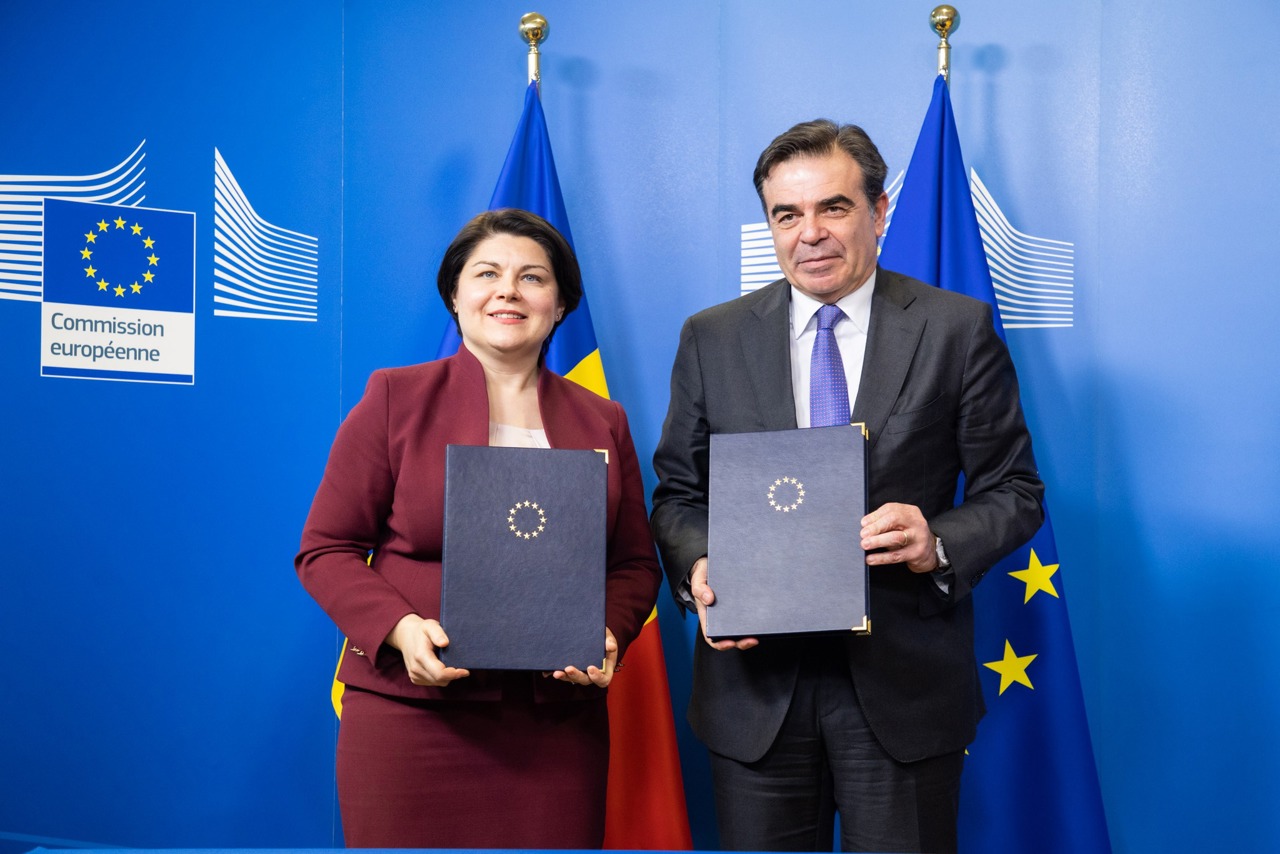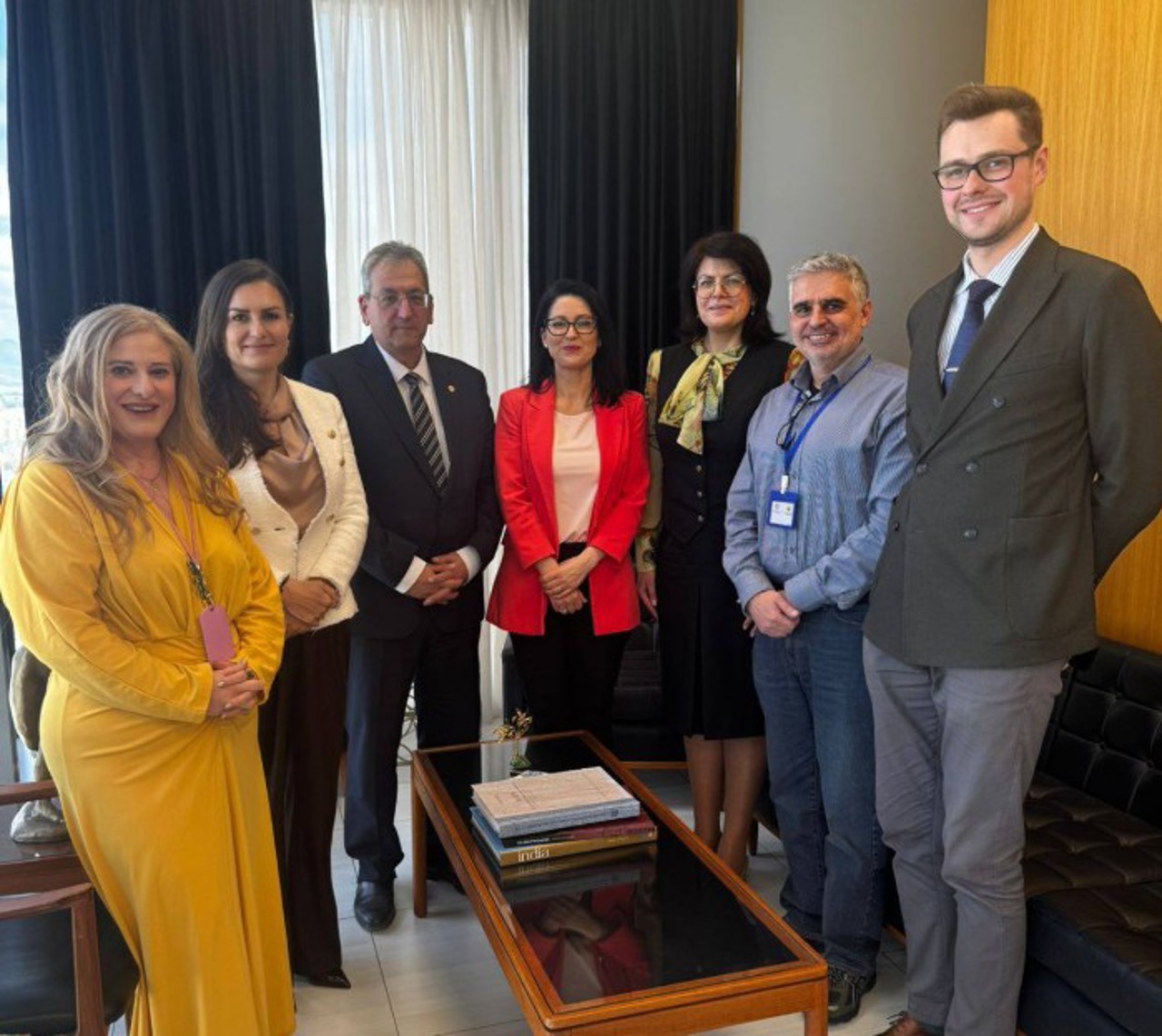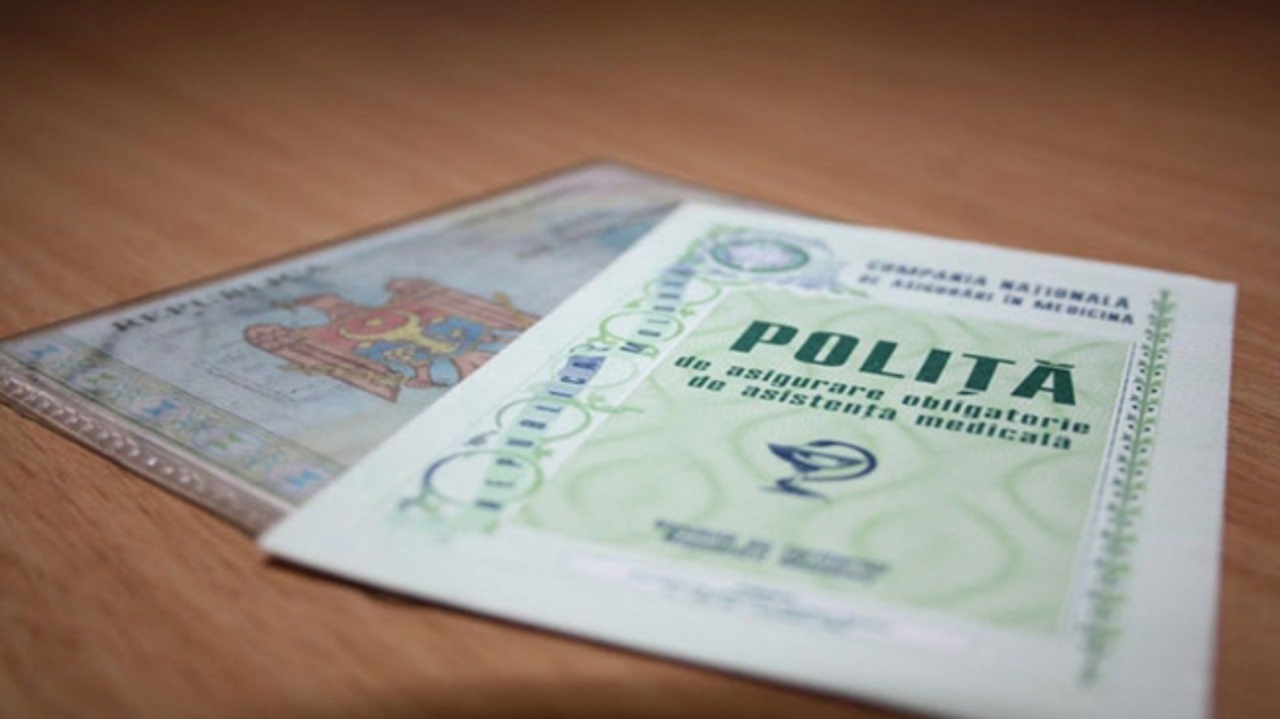Moldova and the EU to cooperate in the field of customs, taxation and health
The Republic of Moldova and the European Union are intensifying mutual cooperation in the fiscal, customs and health care fields. Three agreements in this sense: Fiscalis, Customs and EU4Health were signed today, February 7, in Brussels, by the Prime Minister of the Republic of Moldova, Natalia Gavrilița.

A statement issued by the Government says the Customs and Fiscalis programs were signed by Natalia Gavrilița and the European Commissioner for the Economy, Paolo Gentiloni. The agreement on customs cooperation enables our country to standardise legislation and policies in the field; to strengthen administrative and IT capacities; to operate European electronic systems, but also to implement innovations in the field of customs policy.
Once signed, the EU Fiscalis Program will contribute, according to the cited source, to improving the exchange of fiscal information and strengthening administrative capacity, as well as to strengthen IT skills through the development and operation of electronic systems.
At the ceremony, Natalia Gavrilița declared that participation in the European Union programs is an important part of the European integration process of the Republic of Moldova.
The third EU-Moldova Agreement, signed by Natalia Gavrilița and Margaritis Schinas, the vice-president of the European Commission for the promotion of the European way of life, was the "EU for Health" Program (EU4 Health). The program covers several areas of intervention, including strengthening the health system and its employees, digital transformation and the fight against cancer.
As Prime Minister Natalia Gavrilița said, by signing this agreement, “our country will have access to the Program on an equal footing with EU member states: "EU4Health will contribute to strengthening the national public health system, by improving the level of preparedness for emergency situations, including by increasing resilience in the face of health crises. Also, the program will contribute to increasing the capacities to prevent diseases, especially cancer, and last but not least, it will facilitate the mobilisation of funds for the digitization of healthcare and improving access to quality medical services".




